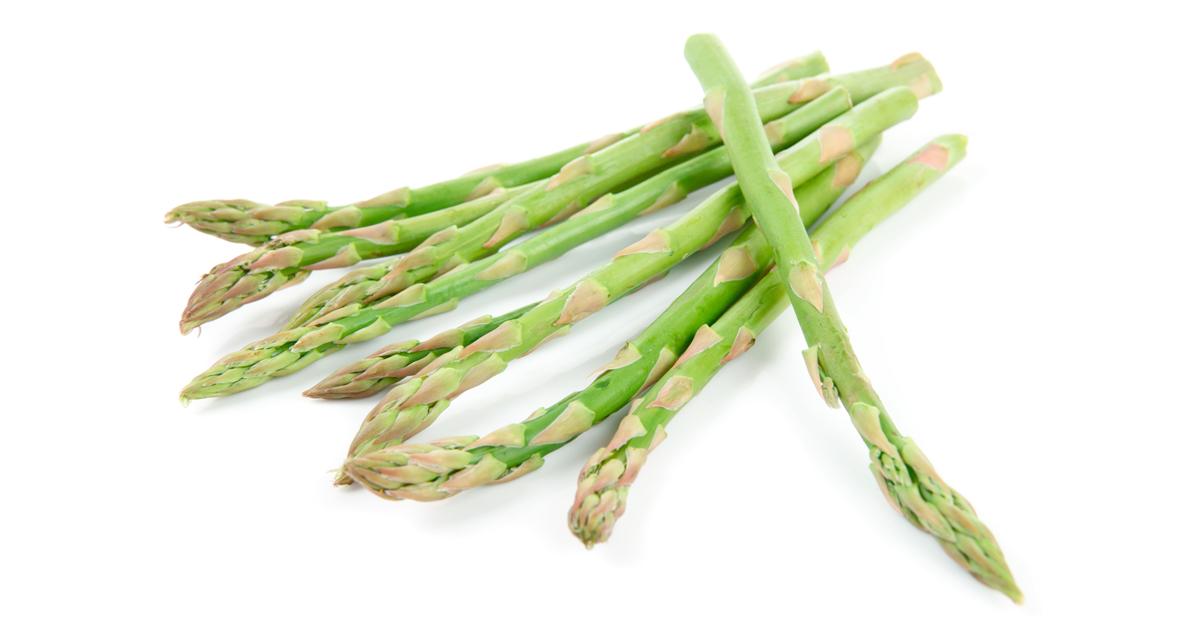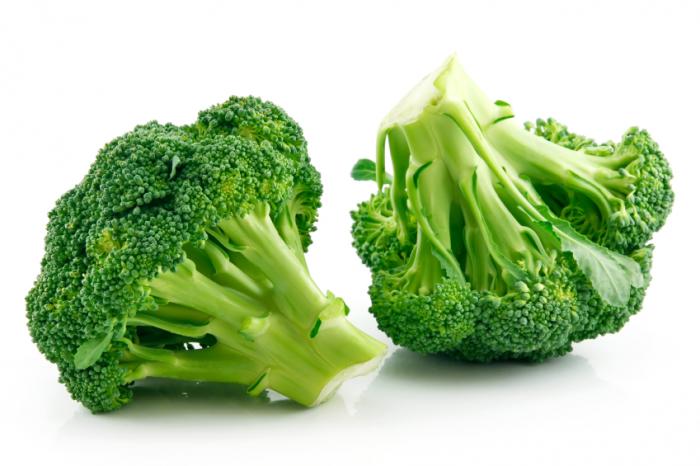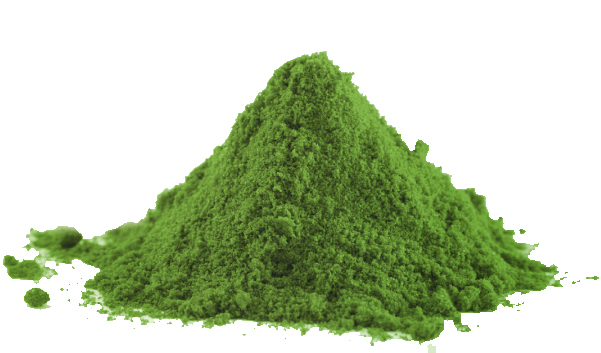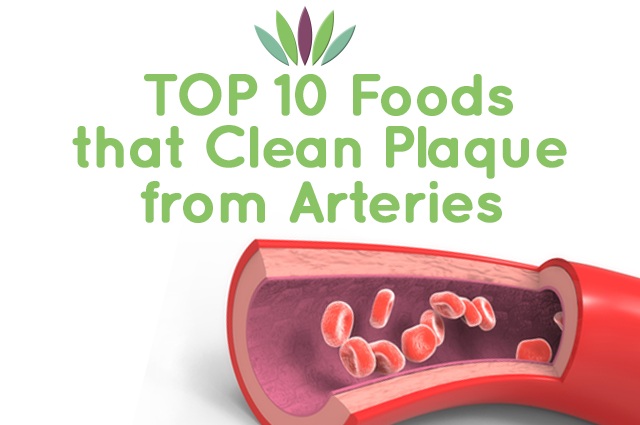Cardiovascular diseases lead the list of top causes of death in the world. Fortunately, Mother Nature wouldn’t let us deal with diseases without providing a way of preventing them!
Here is a list of the top 10 foods that help to protect your heart.
- Avocados
 The avocado is a unique type of fruit you shouldn’t miss out on! By having a fat content that is 77% of its total calories, it is one of the fattiest plant foods on the planet. However, the avocado wouldn’t be that awesome by just containing any fat. It is the oleic acid that is believed to be responsible for the fruit’s beneficial health effects, including the reduction of inflammation (1).
The avocado is a unique type of fruit you shouldn’t miss out on! By having a fat content that is 77% of its total calories, it is one of the fattiest plant foods on the planet. However, the avocado wouldn’t be that awesome by just containing any fat. It is the oleic acid that is believed to be responsible for the fruit’s beneficial health effects, including the reduction of inflammation (1).
Not only that but the avocado is loaded with other important nutrients such as Vitamin K, C, B5, B6, E, Folate, Potassium (more than bananas!), as well as small amounts of Magnesium, Manganese, Zinc, Iron, Copper, Phosporous, and Vitamin A, B1, B2, B3. WOW!
There are studies that have shown that avocados (2, 3, 4, 5, 6, 7):
- Reduce blood triglycerides by up to 20%
- Reduce total cholesterol levels significantly
- Lower LDL cholesterol by up to 20%
- Increase HDL (the “good”) cholesterol by up to 11%
All of these results should give us reason enough to include an avocado in our regular diet for a healthy heart.
- Asparagus
 Asparagus is a natural artery-clearing food. Homocysteine is an amino acid that is known to be a strong risk factor for heart disease when reaching excessive levels in the blood. Including asparaguses in the diet helps regulate this kind of amino acid due to its high vitamin B content (B1, B2, B6). Moreover, this power veggie is also rich in multiple other vitamins and minerals, including fiber. Asparagus provides us with about 3 grams of dietary fiber per cup from which over 1 gram is soluble fiber. This is a kind of fiber that has been shown to lower the risk of cardiovascular disease in various studies.
Asparagus is a natural artery-clearing food. Homocysteine is an amino acid that is known to be a strong risk factor for heart disease when reaching excessive levels in the blood. Including asparaguses in the diet helps regulate this kind of amino acid due to its high vitamin B content (B1, B2, B6). Moreover, this power veggie is also rich in multiple other vitamins and minerals, including fiber. Asparagus provides us with about 3 grams of dietary fiber per cup from which over 1 gram is soluble fiber. This is a kind of fiber that has been shown to lower the risk of cardiovascular disease in various studies.
Last but definitely not least, asparagus is a great anti-inflammatory and antioxidant food! This characteristic is great news for our heart because cardiovascular disease evolves in relationship to chronic, excessive inflammation (8).
- Pomegranate
 Speaking of awesome antioxidant food sources, a study has demonstrated that pomegranates seem to outperform the majority of them. (9).
Speaking of awesome antioxidant food sources, a study has demonstrated that pomegranates seem to outperform the majority of them. (9).
Responsible for the fruit’s antioxidant as well as anti-inflammatory superpowers are compounds known as punicalagins that serve cardio protective for us by consumption on a regular basis (10).
Proof of pomegranate’s superpowers was brought to light by human studies that showed how pomegranate juice could actually reverse atherosclerosis for patients while the condition continued to worsen in those patients who were not given daily pomegranate juice supplements for one year. A later blood analysis in the pomegranate juice group demonstrated that their total antioxidant activity increased by 130%! No wonder that this fruit is one of the leading antioxidant foods and thus makes it one of the top fighters against heart disease (11).
- Broccoli
 Broccoli, the popular vegetable where a person’s liking for it couldn’t be any more distinct. Some people love it, some despise it. Why should you definitely switch to the pro-broccoli front? Because this vegetable is also pro-heart.
Broccoli, the popular vegetable where a person’s liking for it couldn’t be any more distinct. Some people love it, some despise it. Why should you definitely switch to the pro-broccoli front? Because this vegetable is also pro-heart.
Broccoli is pact with a bunch of heart favorable vitamins. One oft hem is Vitamin K, which takes part in preventing calcium to damage the arteries. Moreover, broccoli also makes a significant contribution to our B6 and folate intake, which prevents an excessive formation of homocysteine. Broccoli thus prevents cardiovascular diseases that are related with this amino acid.
A study found that sulforaphane, which is highly concentrated in broccoli, may be able to prevent inflammation in certain „high risk“ arterial areas (12).
- Turmeric
 Next to being known for its detoxing and antibacterial properties, turmeric is a powerful spice that is also highly anti-inflammatory. It is believed that chronic, low-level inflammation plays a significant role in almost every chronic, Western disease. This also goes for cardiovascular diseases, which is why anything that helps fight chronic inflammation is of importance in preventing and even treating these diseases.
Next to being known for its detoxing and antibacterial properties, turmeric is a powerful spice that is also highly anti-inflammatory. It is believed that chronic, low-level inflammation plays a significant role in almost every chronic, Western disease. This also goes for cardiovascular diseases, which is why anything that helps fight chronic inflammation is of importance in preventing and even treating these diseases.
Curcumin is a natural strongly anti-inflammatory compound of turmeric that is so powerful that it matches the effectiveness of some anti-inflammatory drugs (13).
- Persimmon
 “A persimmon a day keeps the doctor away,” or was it apple? We grew up with this little catchphrase that made us associate apples with maintaining health. However, persimmon is a fruit that is actually more effective in doing so; especially when it comes to cardiovascular health. A comparative study that evaluated apple’s and persimmon’s anti-atherosclerosis capabilities found that persimmons contain nearly twice as much dietary fiber than apples.
“A persimmon a day keeps the doctor away,” or was it apple? We grew up with this little catchphrase that made us associate apples with maintaining health. However, persimmon is a fruit that is actually more effective in doing so; especially when it comes to cardiovascular health. A comparative study that evaluated apple’s and persimmon’s anti-atherosclerosis capabilities found that persimmons contain nearly twice as much dietary fiber than apples.
Furthermore, they are also richer in major phenolics (antioxidants), which makes persimmons preferable for an anti-atherosclerosis diet. Scientists even say that only one-medium sized persimmon a day is enough to help fight atherosclerosis (14).
- Cinnamon
 Cinnamon is a powerful spice that is loaded with antioxidants and even outperforms known “superfoods“ like garlic and oregano when it comes to the antioxidant activity (15).
Cinnamon is a powerful spice that is loaded with antioxidants and even outperforms known “superfoods“ like garlic and oregano when it comes to the antioxidant activity (15).
A recent study concluded that even a small dose of 120 milligrams per day can have the effects of reducing levels of total cholesterol, LDL cholesterol and triglycerides, while HDL cholesterol remains stable (16).
If that isn’t reason enough to reach for this delicious spice and sprinkle it on everything!
- Spirulina
 Spirulina is a microalgae that has been praised for its high nutritional value and supposed health benefits for centuries. Along with multiple vitamins and minerals, spirulina contains all oft he essential amino acids that are needed for the body, which makes it a special source of protein.
Spirulina is a microalgae that has been praised for its high nutritional value and supposed health benefits for centuries. Along with multiple vitamins and minerals, spirulina contains all oft he essential amino acids that are needed for the body, which makes it a special source of protein.
It is known to have antioxidant properties and thus helps to relax artery walls and to stabilize blood pressure while balancing our blood fat levels (17).
- Cranberries
 While all fruits contribute essential vitamins and minerals to the diet, berry fruits especially enrich our heath by offering a high source of health-promoting polyphenols.
While all fruits contribute essential vitamins and minerals to the diet, berry fruits especially enrich our heath by offering a high source of health-promoting polyphenols.
The berry provides unique bioactive compounds that can help to improve heart health and temper inflammation (18). In fact, the overall risk of cardiovascular disease may be reduced by as much as 40% through regular consumption of pure cranberry juice!
- Green Tea
 Green Tea is more than worthy to finish off this list about the foods that help to maintain cardiovascular health and to prevent heart attacks. Catechins is a powerful antioxidant that hinders the absorption of cholesterol during digestion.
Green Tea is more than worthy to finish off this list about the foods that help to maintain cardiovascular health and to prevent heart attacks. Catechins is a powerful antioxidant that hinders the absorption of cholesterol during digestion.
Because green tea has high levels of it and other polyphenols, drinking a cup or two each day helps to improve your blood-lipid levels as well as reduce arterial blockage (19). Green tea not only protects your heart but also your brain (20), and even your teeth by killing bacteria and inhibit viruses and thus lowering the risk of infections and even reducing bad breath (21)!
The Bottom Line: The powerful antioxidants in green tea prevent cardiovascular diseases from developing, thus it isn’t surprising that green tea drinkers have up to a 31% lower risk of heart diseases than non-green tea drinkers (22).










